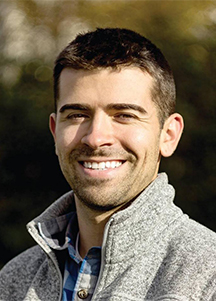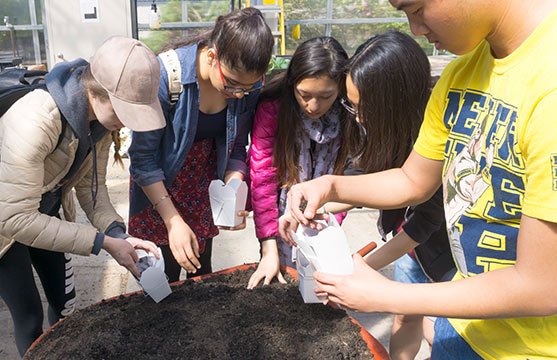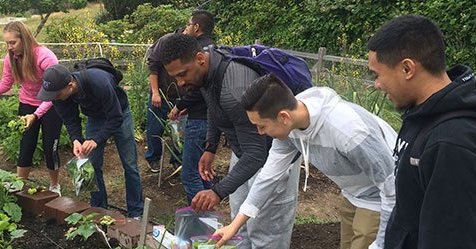If money grew on trees, then Bobby Butler could solve one of his biggest challenges in running Highline’s Urban Agriculture/Food Security program. Read about his work in the following story, originally published Feb. 12 on Keeping King County Green, the blog of the Department of Natural Resources and Parks.
This story is shared with permission from kingcountygreen.com.
Highline College Provides Urban Agriculture and Food Security Training to Immigrant Communities and Youth
What is the purpose of the Urban Agriculture/Food Security Program at Highline College?
Highline College operates an Urban Agriculture/Food Security Program to provide training that improves access to healthy, culturally relevant food and encourages innovative thinking for South Sound immigrant-refugee communities and youth. In this article, Bobby Butler, Highline College Urban Agriculture Program Manager, discusses the importance of the Urban Ag program, what excites him about the program’s progress and next steps, and some of the challenges he is facing as he balances many important program obligations.

Bobby Butler
Highline’s 88-acre campus provides space for demonstrating and practicing urban agriculture, agro-forestry, and edible landscaping. The Urban Ag program encourages a deeper understanding of and support for community-wide food security, and promotes greater collaboration among local food-based community organizations.
To meet the demands of the South Sound community, Highline College Urban Ag students and other community members are planning to farm underutilized properties in the City of Des Moines this year, which includes sections of the 11 acres at Daisy Sonju Park.
The King Conservation District Regional Food System grant assisted the program’s efforts in identifying and transforming these properties into college-operated farmland.
What is most exciting to you about the Urban Ag program this year?
“I am most excited about our incubator plots. We have multiple sites that will be in production this spring,” said Butler. “Our goal is to have 4 to 6 acres in production to provide community partners and students with space to farm, which is part of our broader vision of a Highline College Farm.”
Some student incubator plots have already been developed on Highline’s campus and at Sonju Park, which give students space to grow and harvest their own crops. These plots provide students with real-world, hands-on farming practices, the opportunity to sell crops to farmer’s market patrons and businesses, and revenues from the sale of crops sustain the program and provide scholarships opportunities for students in the program.
“We also have raised garden beds on campus and at Sonju Park that are specifically designated for immigrant and refugee populations,” said Butler. “We want to make sure that these individuals in our community have the access and ability to grow their own fresh food. The great part about these spaces is that participants do not have to be in the Urban Ag program, as they would need to be for incubator plot eligibility. They just need to agree to a few rules.”
 The Highline College Farm plans to have multiple plots that will be shared among community partners, including the International Rescue Committee, Food Innovation Network, Des Moines Food Bank, and Elk Run Farm.
The Highline College Farm plans to have multiple plots that will be shared among community partners, including the International Rescue Committee, Food Innovation Network, Des Moines Food Bank, and Elk Run Farm.
What have been some of the challenges with this program?
Success for the Urban Ag program at Highline has not come without its challenges. The current capacity of Butler’s time as a program manager is limited due to current lack of available funding.
“There is a lot of work that goes into building and marketing the program: community outreach, teaching courses throughout the year, developing curricula, recruiting students, and collaborating with local organizations,” said Butler. “We have also been continually developing new farming properties. It definitely keeps me busy. The students have helped immensely with the development of the campus micro-farm, but much of the work still falls on my shoulders.”
Butler hopes that the program will be fiscally sustainable in the long-term, which largely depends on student interest and enrollment.
“I think that developing articulation agreements with Washington universities will be an important part of sustaining our program,” he said. “We want to make sure our students can not only successfully transfer their skills onto a farm, but also transfer their credits to a university, if they choose. We haven’t had any major issues with enrollment yet, but it’s definitely something near the forefront of our minds.”
Learn More About the Growth of the Urban Ag Program
Back in 2015, Highline received a grant to help launch its Urban Agriculture/Food Security program. The two-year, $80,000 grant came from the King Conservation District (KCD) Regional Food System program.
In 2017, Highline received a $76,000 grant from KCD to help launch a project with the City of Des Moines. The college and city will work together to identify and increase the amount of farmable land for use by the college and the community. More farmable land will improve local food security, improve land use, and provide a venue to educate and develop new farmers.


